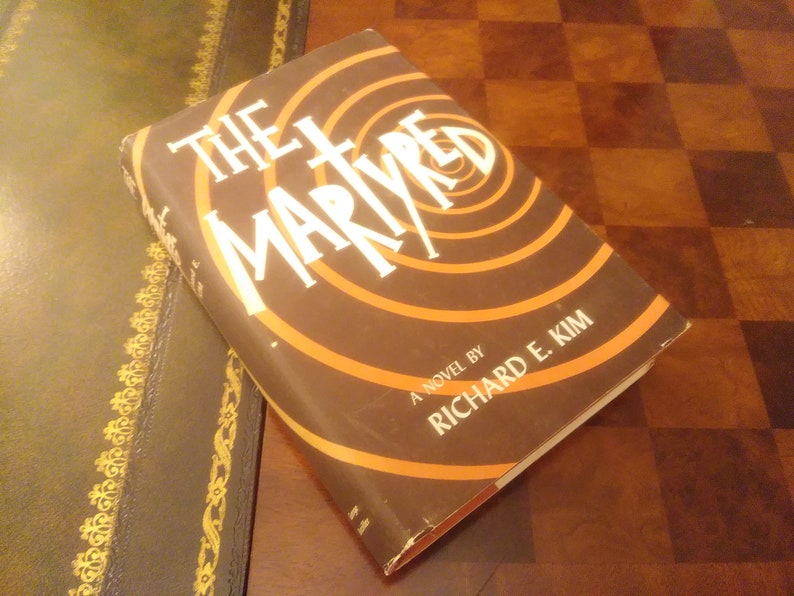



He received a Ford Foundation Foreign Area Fellowship (1962–63), a Guggenheim Fellowship (1966), the First Award, Modern Korean Literature Translation Awards (1974), a National Endowment for the Arts Literary Fellowship (1978–79), and other awards and honors. His academic experience included various professorships in English at the University of Massachusetts Amherst, Syracuse University, San Diego State University, and at Seoul National University, where he was a Fulbright professor, 1981–83. It was followed by The Innocent (1968), about politics in postwar South Korea, and Lost Names: Scenes from a Korean Boyhood (1970), a collection of stories. It was also nominated for a National Book Award. The Martyred, Kim's first novel, is about the Korean War, which would be made into a play, an opera, and a film. in Far Eastern languages and literature, 1963). in writing, 1960) at the University of Iowa's Writers Workshop (M.F.A. He was educated at Middlebury College in Vermont, where he studied political science and history, 1955–59 at Johns Hopkins University (M.A. After serving in the Republic of Korea Marine Corps and Army, 1950–54, he was honorably discharged as first lieutenant of the Infantry in 1954 and came to the United States in 1955. His childhood consisted of living during the tail end of the Japanese occupation. He was raised first in Korea, then Manchukuo, and then Korea again. citizen, was born in 1932 in Hamhung, South Hamgyong, a city in what is now North Korea. His most popular work is Lost Names, a fictional work based on his experience during the Japanese colonization of Korea. He was a Guggenheim Fellow (1966) and was a recipient of a Fulbright grant. He was the author of The Martyred (1964), The Innocent (1968), and Lost Names (1970), and many other works. KW - politics, truth, justice, symbolic action, The Martyred,deception, self-deception, lying, theodicy 185 Politics and Truth: An Analysis of Richard E.Richard Eun Kook Kim (1932–2009) was a Korean–American writer and professor of literature. This essay analyzes the relation-ship between politics and truth in terms of these two issues that havebeen addressed throughout the novel. These two questions are intertwined insuch a complex and intricate way in the novel that it is difficult tounravel the two in a compelling way. Kim, a Korean-American novel-ist, raises fascinating questions with regard to politics and truth: (1) Isit possible to uphold Christian truth in the contemporary condition?And, (2) is it desirable to reveal the ugly truth to the masses regardlessof its possible impact upon our political community? While the firstquestion is concerned with religious, transcendental truth, the secondtakes issue with factual truth. Kim’s Novel, The MartyredĪB - In his novel, The Martyred,Richard E. TI - Politics and Truth: An Analysis of Richard E.


 0 kommentar(er)
0 kommentar(er)
